How Xbox is fostering the next generation of indie titles
"Development has always been part of who I am"
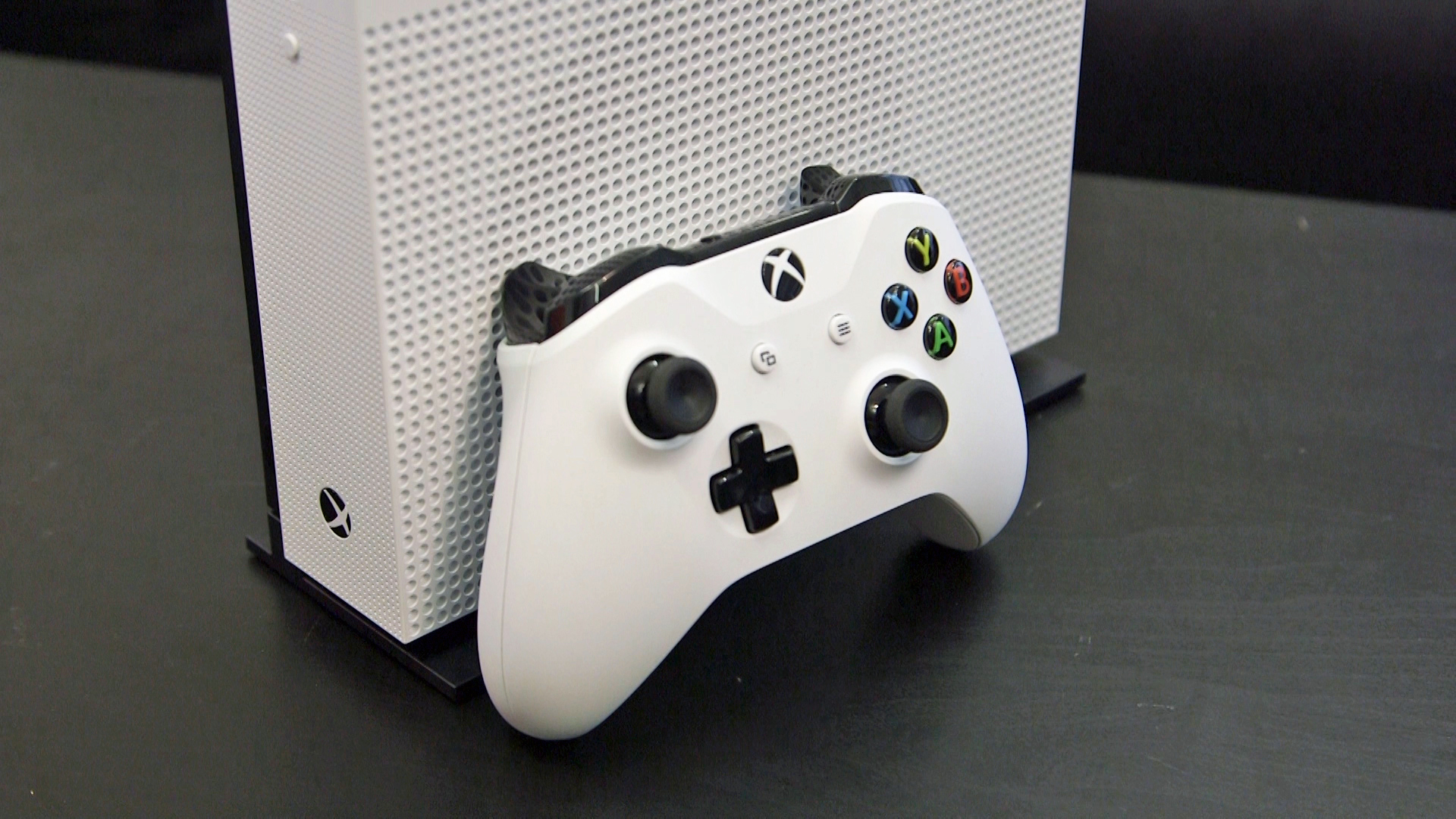
In an era where most big budget third-party games are released across multiple consoles it's become more and more important for manufacturers to court the latest and greatest indie games for their systems.
Why wouldn't they? With a fraction of the budget of triple-A titles but the chance to become best sellers (see Rocket League's 50m sales from a team of around a dozen as a good example), indie games can prove to be lucrative if handled correctly.
Everyone wants in on the action and Microsoft is no different. Last generation its Xbox Live Arcade lead the charge into this brave new world of small-budget indie titles and saw a number of breakout hits including Geometry Wars 2, Braid, and Fez released first or exclusively on its platform.
Moving into the current generation the situation has become a lot more competitive, with Sony and Nintendo having beefed up their own respective indie publishing efforts. Everyone wants to be the ones to find the next breakout hit.
ID@Xbox is Microsoft's new program to foster new talent and games for its hardware. With both publishing and development assistance (not to mention two free dev kits for every successful applicant) it enables game development teams of all sizes to self-publish their games to Xbox and Windows 10 platforms.
We sat down with the head of ID@Xbox in Europe, Agostino Simonetta, to talk about the program and what he and his team have planned for the future.
Extensive experience
Simonetta has a long history in the world of indie development. Though he only joined ID@Xbox in 2014, he had previously worked for five years at Sony on its PlayStation indie initiatives and before this he was a small-budget developer himself:
Sign up for breaking news, reviews, opinion, top tech deals, and more.
“I started as an indie developer in the late 90s in Italy and we really started as a ‘proper’ indie. Like, we were in a basement of an Italian villa. The wine was next to us. We didn’t even have proper desks,” Simonetta recalls.
He says it’s partly because this experience has “stuck with” him that he’s passionate about indie development. “I was in development in Italy, I was in development in the UK, I worked at Climax, I worked on FIFA and then I worked at SEGA for five years in digital space with independent developers on mobile before iOS and just loved it.”
Development, Simonetta says, “has always been part of who I am [...] Those are my roots.”
This history has given him an appreciation of how important indie development is for pushing the envelope. More than anything he says he loves “the way independent developers are always at the forefront of innovation. They always have fresh ideas and by the very nature of their business they’re free to take risks that [...] when you’re in the triple As as I have been, it’s difficult to take.”

But away from the romanticism, Simonetta has an appreciate of the challenges indie developers face. He understands that “when you’re independent developers you’re risking more because it’s your own business and it’s your own life” but it’s the willingness to take these risks that makes him “love working with them.”
Simonetta’s affiliation with indie development is, he says, shared by other Xbox personalities including Chris Charla and Phil Spencer as they were all once developers, although he doesn't mention whether they too have experienced game development with Italian wine in the basement of a villa.
Arguably, the fact that these people with developer backgrounds are moving into positions of influence at large companies such as Microsoft is causing the growth in programs such as ID@Xbox.
Development kits for all
Last year, Xbox announced that it would be turning every retail Xbox One into a potential developer kit. Then at this year’s Game Developer Conference it was revealed that a program called Xbox Live Creators would be launched this summer.
The program will take the initiative another step forward by allowing anyone to not only develop, but also to publish their game on Xbox One, Windows 10, and soon Project Scorpio without going through the ID@Xbox application process at all.
Though promising, Xbox Live Creators brings to mind a past Microsoft initiative called the Xbox Live Indie Games program which was closed down last year after being flooded with low-quality content.
We wondered if there was a risk of Microsoft repeating the same mistakes. After all, the new program will once again see games from the creator’s program going into their own un-curated section of the game store. However, Simonetta was quick to assure us that things are different now, largely thanks to the ID@Xbox model.
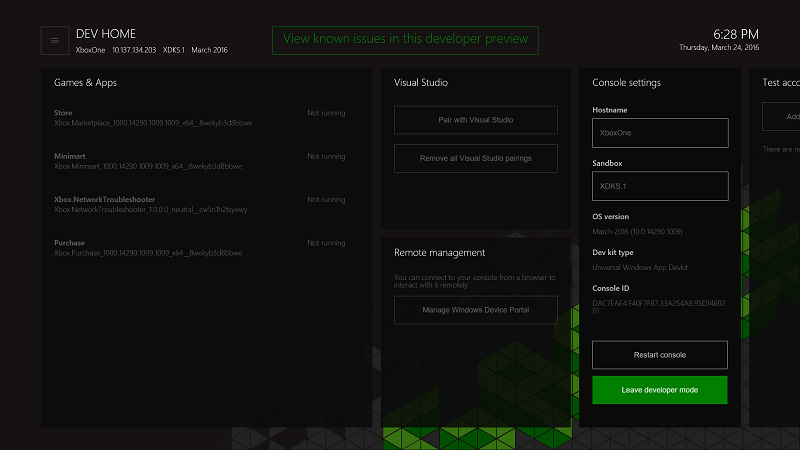
Learning from past mistakes
“I think the great thing about today is that you have the creator's program and if you want to change the model that you’re part of you can," Simonetta explains.
If, for example, an indie developer was to create a game as a side project and self-publish it to the Live Creator store, they would still have the option to apply to be part of the ID@Xbox program at a later date. This would allow them to take advantage of the full suite of Xbox Live features and get their game into the main Xbox store.
When the Xbox Live Indie Games program was launched, Simonetta told us, there was no option to do this and self-published games would launch into the separate store and languish there. "This is the great change and we’ve learned from the past. It’s a flexible model today, you can pick and choose."
Even developers who already have games in the Xbox store through ID@Xbox will have the option to publish their other games through the creators program instead until they're happy to push the project further, if they ever decide to at all.
Simonetta seems sure that this new flexibility would be what sets this new self-publishing program apart from the company's previous effort, though they'll get a better idea when the creator's program launches in the summer: "We’re just in preview at the moment with our Insiders but we are expanding it so we’re going to learn when we do what people want to do and like.”
It seems, then, that if you’re looking to get your game noticed by a large audience the creators’ program is not the right route to take. Your title will go into an un-curated store and it won’t have access to all the Xbox Live features that ID@Xbox approved titles have access to.

Though the ability to push your title further through an ID@Xbox application is always there, it's important to note that this isn't a route everyone will be able to take.
To publish via ID@Xbox and get access to the benefits of the program, developers first have to apply. You submit your application via the Xbox website after which your application is reviewed and then progressed or rejected.
If it's accepted, Xbox will get in contact, sign an NDA and begin discussing your game with you, as well as give you access to dev kits, free middleware, documentation and help when it comes to getting your game certified and published.
Interestingly, ID@Xbox carries with it no exclusivity agreements. Developers are free to put their games on other platforms if they so choose, and they can even release them elsewhere first if they so choose, although one of the developers of Aaero noted that it would be "a discourtesy" to do so.
ID@Xbox is a program for developers who want to take their title beyond a project and turn it into a more serious commercial project. Not every developer will want to do this and as their title will be launched into the Xbox curated store Xbox set the barrier for entry slightly higher meaning it won't be possible for everyone to be accepted.
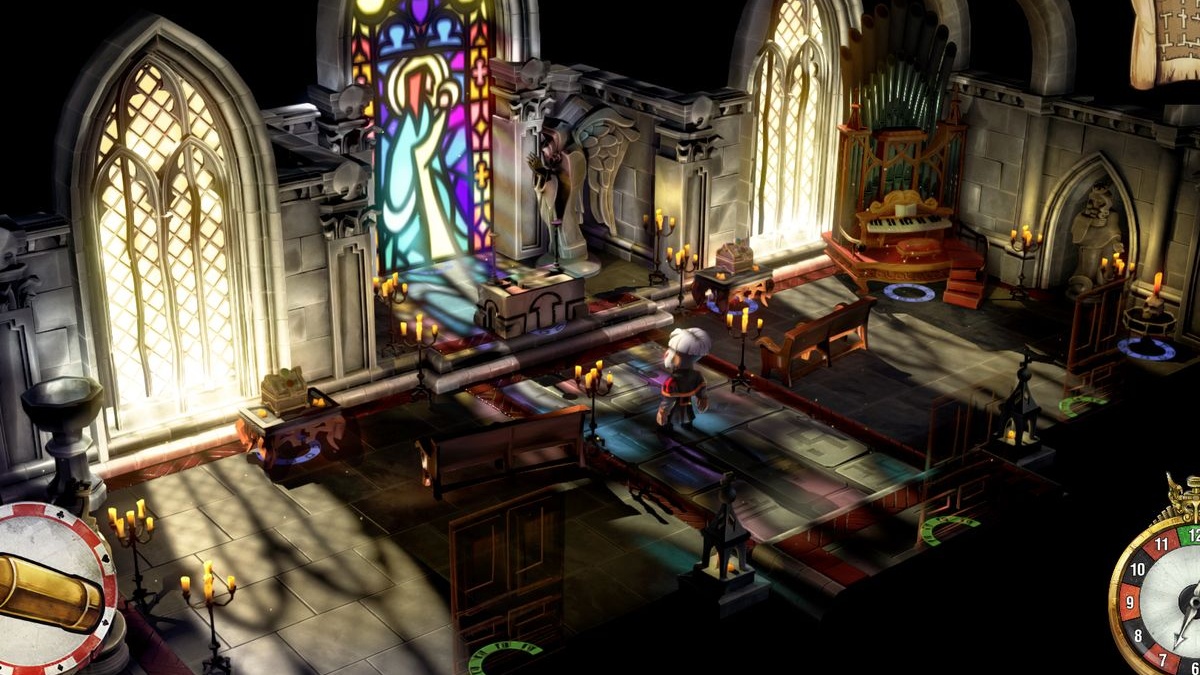
But the creators program does have some key benefits for indie developers over ID@Xbox. “What the creators program does,” Simonetta says, “is it removes entry barriers completely if you’re a hobbyist interested in home brew development. You don’t need to sign an NDA, you don’t need to get dev kits. You just get going. Activate your Xbox One into dev mode and get creating your own game.”
This removal of entry barriers is also partly thanks to the aforementioned decision to make every Xbox One a developer kit. Simonetta told us this is a move that’s garnered some very positive feedback:
“I think developers really like it. We have plenty of forums where we have people tinkering with Xbox and the feedback has been very good. People like to be able to use their hardware at home and it’s very positive. It’s a great way to experiment without having to take on more responsibilities like deciding to be an ID@Xbox partner. Everybody can [become an ID@Xbox partner] but not everybody wants to. If you just want to get started you simply go and register. If it later becomes something bigger, or you want to push it further, you can do that.”
A chance to experiment
It’s through this program that Simonetta anticipates we’ll see a lot of kids and students begin to experiment with game development: “It’s a perfect setup for universities because they just need to register in the creator’s program. They don’t need to talk to us, they don’t need to buy anything. They just get going. It has a lot of potential.”
It’s worth noting that there is a one off charge to start using the Live Creator program; Simonetta informed us that this payment is to set up a universal dev center account and the cost ranges from $20 for an individual developer to $100 for a larger studio. Applying for ID@Xbox however is a free process for those that wish to take their game further.
This belief that the program has educational potential is shared by Miguel Paniagua, a producer from Tequila Works, the independent developer behind the highly-anticipated Rime.
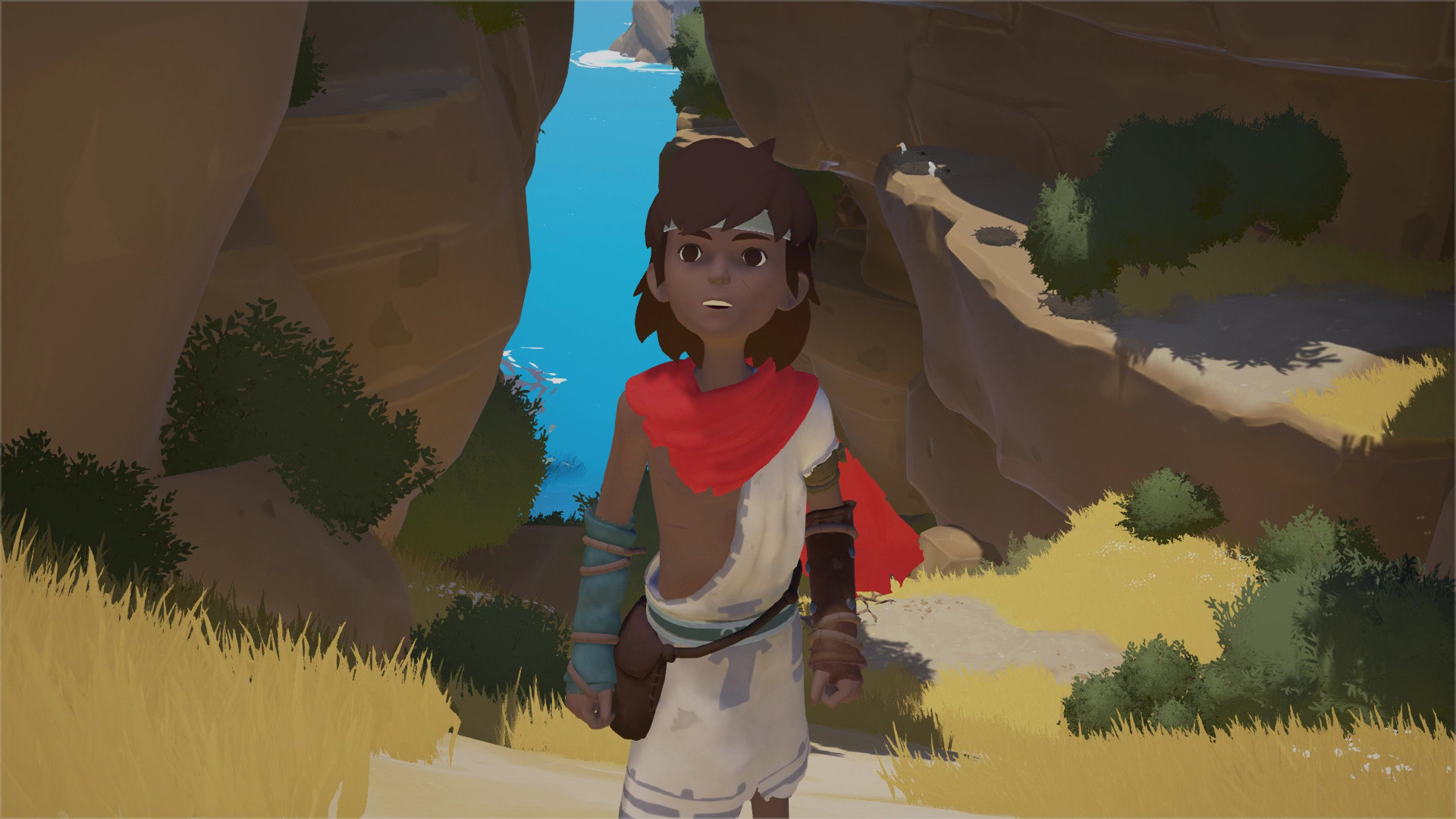
Paniagua told us that he’s the director of a Master’s degree in game production in Spain and that, thanks to both the Xbox Live Creator program and the low cost of development kits, this year he and his students would be creating a prototype game in the Unity engine.
“Things like ID@Xbox allow anybody to make their own game," he says, "The good thing about indie productions is that they’re not imposed on by the publisher or the market for anything. They can express. This is more like art expression. I think when you have freedom to do what you want, at the end of the day, you can surprise the gamer.”
This ease of access is certainly resulting in the most diverse market for games that there's ever been. Indie developers have been breaking boundaries for what can be considered a game, leading to some fierce debates it the community about where exactly the line lies.
Changing perceptions
Even recently we’d say the public perception of what an indie game looks like is changing and Simonetta told us that he agrees.
“It is changing. For instance we had a period of time probably around 2009 to 2010 when we were all using the term ‘indies.’ We [at Xbox] prefer the term Independent Developers – indie has started to have a negative connotation, which is wrong but it’s the nature of the thing.”
The veteran developer says that personally he likes to use the term digital publishers “because it explains their job – it’s not just about developing the game, it’s about marketing and so much more. I think it has evolved.”
“‘A game is a game is a game,” Simonetta believes and explains this by asking “when you go on our store and you see a title like Sniper Elite, can you tell it’s not a triple A? Sexy Brutale, when you look at a screenshot from Sexy Brutale can you tell? I think just on a wide spectrum indie games today are just content. Games are experiences.”
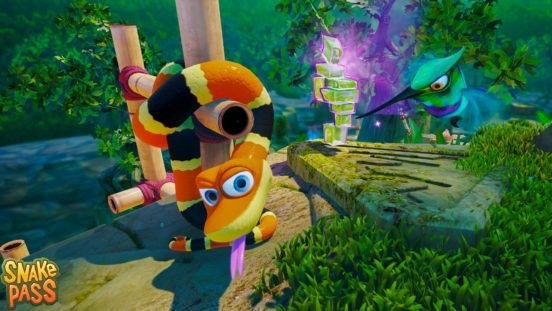
It's not just developers that are getting on board with ID@Xbox, gamers are getting behind its titles as well. Simonetta tells us that Xbox One owners have clocked up around one billion hours playing ID@Xbox titles alone.
“There’s never been a better time for independent developers because there’s an acceptance of the content and a desire to play those games. People want different experiences, they want left field ideas coming to market," he says, adding that indie games can often reach an audience that traditional games sometimes leave behind, "outside the core gamers a lot of people are playing indie games without even realising it.”
He gives Overcooked as an example of indie games that slip under our radar as being indie games: “We worked very closely with team 17 and and Ghost Town games on that title. It’s a very nice family game. I play it with my kids and my wife. Does my wife think that’s an indie game or is that just a fun experience to her?”
Mutually beneficial
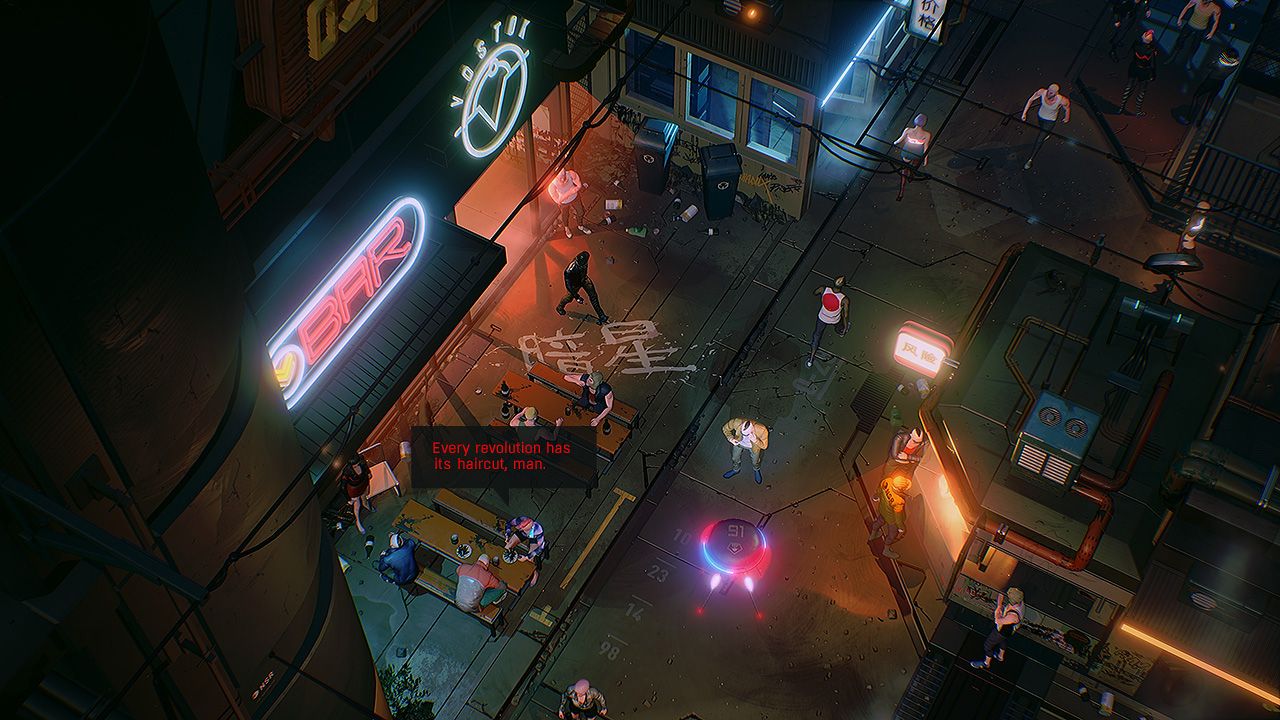
Beyond Overcooked, Simonetta has also worked closely with a number of other developers. One of the benefits for ID@Xbox partners is that they get to forge a strong relationship with Xbox where both sides aim to communicate and supporting one another.
Rather than distantly professional, Simonetta says he and his team try to create relationships with developers that are “as friendly and as close as possible.”
“We’re not the ‘big corporation’” he told us, “We organize a lot of get togethers with developers because we want to share our learnings with them. We’ve launched over 450 titles and we’ve learned so much...We really want a close and personal relationship. Sometimes that’s challenging because it means we’re engaging with dozens and dozens of studios but we really like it that way. We don’t want to be the platform that’s closed behind a door you can’t engage with.”
Having spoken with several developers in addition to Simonetta, it’s clear that these efforts are starting to pay off. Miguel Paniagua and his studio Tequila Works are self-publishing their upcoming title The Sexy Brutale for the first time via ID@Xbox and tell us that the experience has been “amazing” and that Paniagua and his team are “very grateful” for Microsoft's involvement.
When we asked what kind of things they found the ID@Xbox team had been most useful in helping with he told us without hesitation that their help had been instrumental in getting through Microsoft's stringent submission process.
“It’s been a nightmare. It was our first experience in publishing so the submission has been a little hard for us. Also, when you have the content like the hero stats you need for the stores, it’s a little confusing. Then someone sends me an email like ‘okay, you need this with this size, this with this size but no letters.’ It was so clear and it took, like, one day. Then ping, ping, ping, it was submitted and within three days we had approval. It’s very easy.”
It was the submission process that two-man development team and creators of the game Aaero, Mad Fellows, told us ID@Xbox had also helped them most with. Additionally, they said the initiative had been instrumental when it came to getting their game noticed by potential players. Being ID@Xbox partners opened doors for the developers.
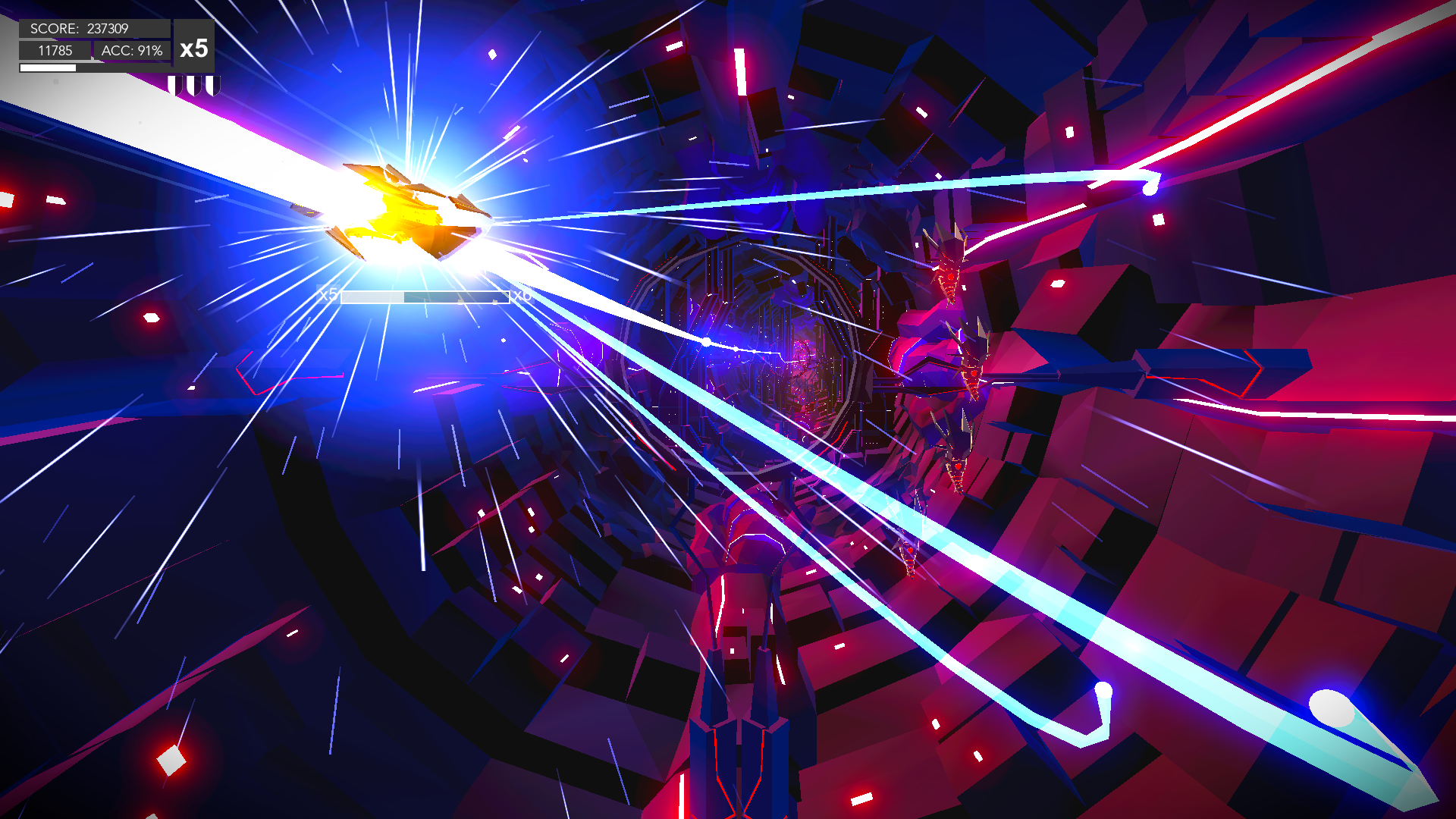
The team have released games on mobile before and while they had success on the Apple store (having reached the front page with their debut rhythm game) they said on mobile "you're either on the front of the store or nothing."
With ID@Xbox, on the other hand, they said you get more visibility because things are more egalitarian and offers like Games With Gold present great opportunities.
Even outside of the store, being part of ID@Xbox has allowed the team to market more effectively than they were able to on their own. Before, they told us, they'd spend their entire marketing budget just to get stands at conventions such as EGX whereas now that's something they have help with.
Every show since then, they said, had been through ID@Xbox: "without those guys we wouldn't really have been seen without marketing [...] we might have been gone and forgotten had we not got the ID guys helping us out."
It seems, then, that ID@Xbox has convinced many developers. “It’s fair to say when ID@Xbox was announced and started people might have been a bit sceptical about it.” Simonetta admitted “But 2200 developers, over 450 titles and one billion hours later I think the development community like what we do today.
With the Xbox 360 there was no ID@Xbox, so developers didn’t know what to expect but I think that we’ve been doing very well. I think the community like what we’re trying to do and I think they like our openness. We’re always honest with them about what’s right, what’s working, what’s not working. We never shy away from being open and we think people are very receptive to that.”
Additional reporting by Jon Porter

Emma Boyle is TechRadar’s ex-Gaming Editor, and is now a content developer and freelance journalist. She has written for magazines and websites including T3, Stuff and The Independent. Emma currently works as a Content Developer in Edinburgh.